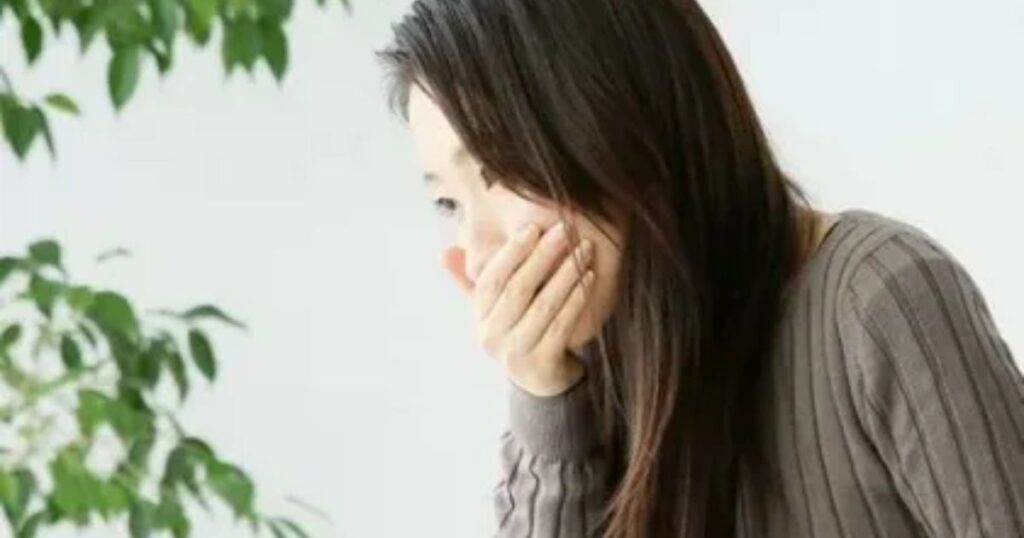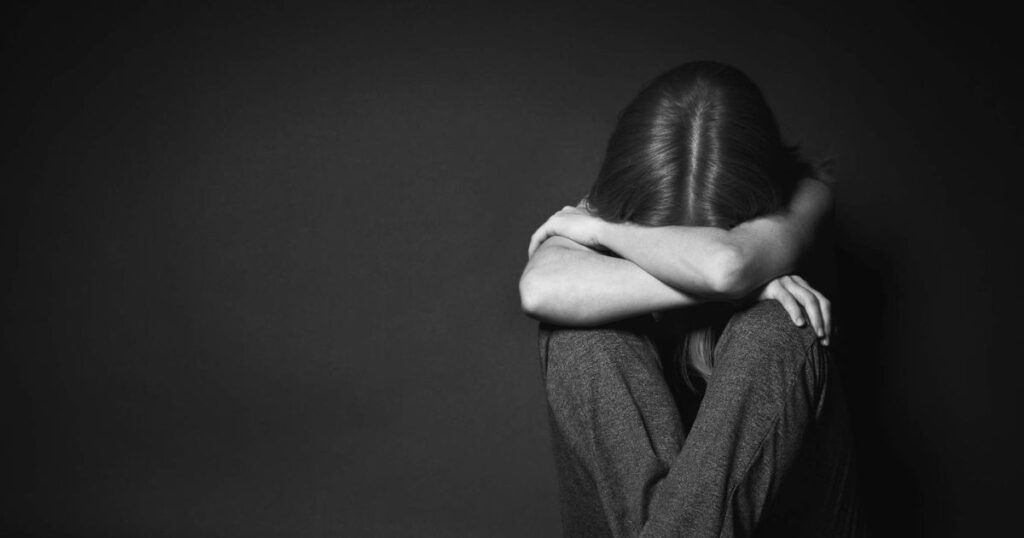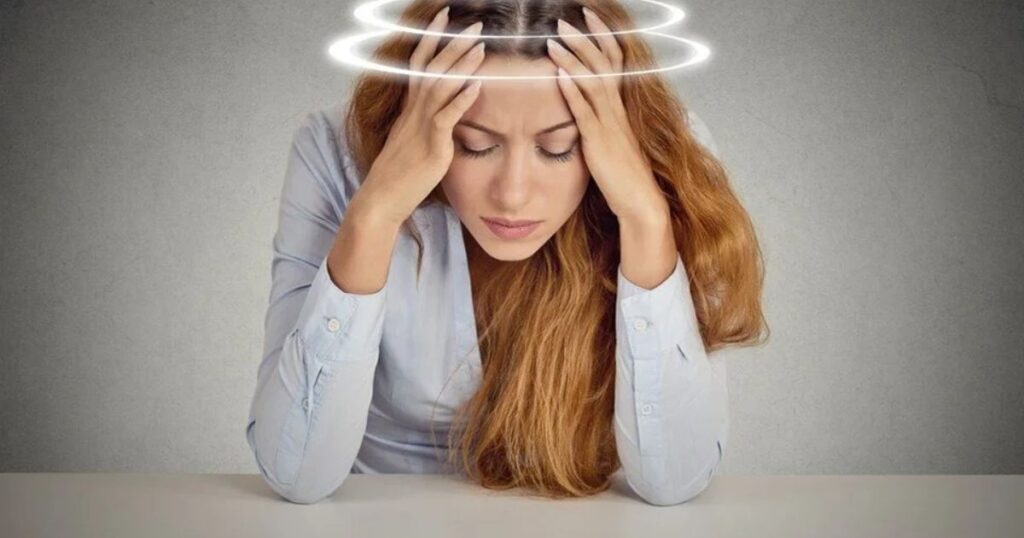Can Caffeine Cause Dizziness? 8 Symptoms & Recovery Tips
Can caffeine cause dizziness? Many people don’t consider this, but it’s a question that needs attention. Caffeine is widely consumed by people around the world, with about 90% of adults regularly drinking it. Understanding how caffeine affects the body is essential, especially for those who feel lightheaded after their daily cup.
This article will explore the connection between caffeine and dizziness, the symptoms to watch for, and effective recovery tips. If you experience dizziness after drinking coffee or are considering cutting back, this guide will help you navigate the issue.
Can Caffeine Cause Dizziness? Unveiling the Truth
Does coffee make you dixxy? Caffeine stimulates the central nervous system, helping to boost energy and alertness. However, consuming too much caffeine can lead to dizziness. A study published in the Journal of Human Hypertension found that high doses of caffeine can temporarily increase blood pressure, which may result in dizziness.

Caffeine also causes blood vessels to constrict, which can reduce blood flow to the brain, leading to lightheadedness. The way caffeine affects individuals varies, meaning some people may experience dizziness even with moderate intake.
Moreover, caffeine acts as a diuretic, promoting urine production and leading to dehydration if water intake is insufficient. Dehydration is another factor that can cause dizziness, especially when combined with caffeine’s stimulating effects.
The 8 Key Symptoms of Caffeine Withdrawal You Need to Know
Can caffeine cause dizziness and what are the symptoms? This is a question that many people want to know. Caffeine withdrawal can trigger dizziness, along with a host of other symptoms. Research in the American Journal of Clinical Nutrition found that symptoms like headaches and dizziness begin within 12-24 hours of reducing caffeine consumption and peak between 20-51 hours. Key symptoms include:
1. Headaches
When you cut back on caffeine, one of the first symptoms many experience is a headache. These headaches are often intense and can feel like a constant pressure or sharp pain. The pain is usually a result of your body adjusting to lower caffeine levels. Caffeine constricts blood vessels, and without it, they can dilate, causing discomfort.

If you’ve ever tried quitting coffee or soda cold turkey, you’ve probably encountered this frustrating side effect.
You might also find that switching to smaller doses of caffeine, helping you slowly wean off without experiencing unbearable discomfort.
2. Fatigue: The Most Common Withdrawal Symptom
When you try to stop or reduce caffeine, fatigue is often the first symptom you’ll notice. Your body has relied on caffeine consumption to stay alert, so without it, you might feel unusually tired.
At first, this can make it hard to get through daily tasks, and the need for rest becomes overwhelming. Your energy levels might dip drastically, leaving you wondering if you’ll ever feel normal again.

This tiredness can last for days or even a week, but it’s part of the body adjusting. When I went through it myself, the lethargy felt like I was walking through a fog.
Eventually, though, the body adjusts, and that drained feeling starts to fade. During this time, it’s essential to rest and stay hydrated. While the fatigue might be tough at first, it will gradually pass as your body adapts to life without caffeine.
3. Increased Irritability
When you stop consuming caffeine, irritability can quickly set in. Your body is used to the stimulating effects of caffeine, and when those effects are no longer present, mood swings can happen. Irritability can make you feel on edge, especially in situations where you’d usually remain calm.

The key is to take it easy. Gradually reduce your caffeine intake to minimize the irritation and mood shifts. Drinking water, taking short breaks, and even deep breathing exercises can help manage those feelings of frustration. It’s a challenging phase, but easing through it is better than going cold turkey, which can increase the irritability.
4. Trouble Focusing
When you suddenly reduce or stop caffeine, your mind may struggle to concentrate. It’s common to feel distracted and find it difficult to stay on task. This happens because caffeine has a stimulating effect, and when it’s removed, your brain can feel sluggish.

You may notice yourself losing focus easily, if you’re reading, working, or even having a conversation. It took time, but gradually, the mind adjust itself and you will be able to concentrate better. It’s important to remember that this symptom is temporary, and as your body gets used to lower caffeine levels, your focus will return.
5. Nausea
When you cut back on caffeine, your body might not be too happy about it. One common symptom of caffeine withdrawal is nausea. This discomfort can range from mild queasiness to full-on stomach upset. You might also experience an unsettled feeling in your stomach, making it hard to focus on anything else.

But don’t worry, it’s a temporary side effect. Your body just needs time to adjust to the lower caffeine levels. Drinking plenty of water and opting for light, bland meals can help calm your stomach during this phase.
6. Dizziness
When you suddenly cut back on caffeine, dizziness can hit you hard. This happens because your body has grown used to caffeine’s stimulating effects. Without it, you might feel lightheaded or experience a spinning sensation. The more you’ve relied on caffeine, the more intense this feeling could be.

It’s not just about the loss of energy but also how your brain reacts to caffeine withdrawal. The absence of caffeine can mess with your balance, leading to dizziness. When you try to reduce daily intake, your body takes time to adjust. Gradually cutting back can help ease this symptom and keep the dizziness at bay.
7. Depression
Stopping caffeine can lead to feelings of sadness or low energy. Caffeine boosts mood, so without it, you may feel emotionally drained. I’ve experienced this dip myself. Irritability can also occur during caffeine withdrawal. These mood changes are temporary.

Your brain is used to caffeine, so stopping it can affect your emotions. As your body adjusts, these feelings will improve. In my experience, taking walks or other activities can help boost your mood during this time.
8. Muscle Pain
When you stop drinking caffeine, muscle pain is common. It’s not something many expect. The lack of caffeine affects muscles and the nervous system, causing discomfort. You may feel stiff or sore, and fatigue can set in.

Muscle pain often starts in the first few days and can last up to a week. Your muscles are adjusting to the lower caffeine levels. Drinking water and stretching can help ease the pain. From my experience, reducing caffeine gradually can make the process easier and less painful.
Dizziness and Beyond: How Caffeine Affects Your Balance
The answer to the question, “Can Caffeine cause dizziness?” is yes. Caffeine has a direct impact on balance by influencing the cardiovascular system. It increases heart rate and constricts blood vessels, which can lead to a temporary drop in blood pressure and result in dizziness.

A study published in Circulation found that caffeine consumption causes short-term spikes in heart rate, which can cause lightheadedness and dizziness.
Sleep deprivation, is often caused by caffeine’s stimulating effects so that you can feel dizziness. According to the Sleep Foundation, caffeine has a half-life of 5-6 hours, which means consuming caffeine later in the day can disrupt sleep. Poor sleep, in turn, can negatively affect balance, making you feel dizzy or uncoordinated.
Why You Feel Lightheaded After Your Morning Coffee
After your first cup of coffee, you might feel dizzy due to the combination of factors. Caffeine stimulates the nervous system and causes a temporary increase in adrenaline levels, which can lower blood pressure.

The American Heart Association explains that this drop in blood pressure, though brief, may result in dizziness, particularly when standing up after sitting.
Your body is naturally dehydrated after a night’s sleep. Dehydration is one of the most common causes of dizziness, and when caffeine is consumed as the first beverage of the day, it exacerbates dehydration.
Studies show that dehydration reduces blood volume, which can lead to dizziness. To help prevent this, it’s a good idea to drink water before your coffee.
Recovery Tip #1: Hydrate to Rebalance Your System
Hydration is crucial in preventing dizziness caused by caffeine. The Institute of Medicine recommends men consume about 3.7 liters (125 ounces) of water per day, and women should aim for 2.7 liters (91 ounces). Staying hydrated helps maintain the fluid balance that caffeine disrupts.

Drinking water alongside your coffee can help offset caffeine’s diuretic effects and prevent dehydration. A simple practice of drinking a glass of water for every cup of coffee you have can make a significant difference in reducing dizziness.
Recovery Tip #2: Gradual Reduction—The Safe Way to Quit Caffeine
Reducing caffeine gradually is easier on the body than quitting suddenly. A study in Pharmacology Biochemistry and Behavior shows tapering off reduces withdrawal symptoms like dizziness.

This approach helps the body adjust without shock. Start by cutting your intake in half, then reduce further. Switch to lower-caffeine drinks like green tea or decaf coffee. This method lowers the risk of dizziness and other symptoms.
Recovery Tip #3: Eat Right to Counteract Dizziness
A balanced diet plays a vital role in managing dizziness caused by caffeine. Proper nutrition helps stabilize blood sugar and blood pressure levels, both of which contribute to reducing dizziness. Consuming potassium-rich foods, like bananas and leafy greens, can help regulate blood pressure.

According to the American Heart Association, potassium can counteract the effects of sodium, maintaining healthy blood pressure and reducing the risk of dizziness. A healthy, nutrient-rich diet can support your body as it recovers from caffeine withdrawal and prevent dizziness from occurring.
Dizziness Can Be a Sign of Something More Serious: When to Seek Help
Dizziness is often associated with caffeine consumption or withdrawal, but it can sometimes signal a more serious health issue. If dizziness persists and is accompanied by symptoms like chest pain, fainting, or confusion, it’s crucial to seek medical advice. Conditions such as low blood pressure, heart problems, or vestibular disorders can also cause dizziness.

If you’re wondering, ‘Can caffeine cause dizziness?’ the answer is that excessive intake or sudden withdrawal can lead to feelings of dizziness, among other symptoms.
A study in the Journal of the American Medical Association emphasizes the importance of consulting a doctor if dizziness continues for more than a few days or worsens. It’s always better to be cautious and get a professional opinion if you’re unsure about the cause of your dizziness.
Conclusion: Taking Control of Your Caffeine Intake for Better Health
In conclusion, caffeine can affect our body in various ways, particularly when consumed in large amounts or during withdrawal. Understanding how can caffeine cause dizziness helps in managing its impact more effectively. To minimize dizziness, it’s important to stay hydrated, gradually reduce caffeine intake, and maintain a balanced diet.
Taking control of your caffeine consumption is vital for overall health. By being mindful of how much caffeine you consume and maintaining a healthy lifestyle, you can still enjoy your coffee without the unwanted side effects.
FAQs
Why Does Caffeine Make me Dizzy?
Caffeine constricts blood vessels, which can disrupt normal blood flow. This interference affects circulation, particularly to the brain. As a result, it may cause dizziness.
How do you get rid of Dizziness From Caffeine?
If caffeine-induced dizziness is severe, seek medical attention immediately. Visit the emergency room to ensure proper evaluation and care. Prompt treatment can address underlying issues and prevent complications.
How to Quickly Reverse the Effects of Caffeine?
To quickly reverse caffeine’s effects, stop consuming coffee or any caffeinated drinks immediately. Drink plenty of water to help flush it out. Rest and relax to ease symptoms like jitters or dizziness.
How to get rid of too Much Caffeine?
Stay hydrated to flush out excess caffeine. Take a walk to help reduce jitters and anxiety. Eat fiber-rich foods to support digestion and balance your system.
Can Caffeine Make you Feel Dizzy?
Yes, consuming too much caffeine daily can cause dizziness. Other symptoms of caffeine overdose include panic attacks, anxiety, sleeplessness, and headaches. It’s important to moderate caffeine intake to avoid these effects.
Can Caffeine Help Vertigo?
Caffeine may not help vertigo and could potentially worsen symptoms. It can increase ringing sensations in the ears. It’s best to limit caffeine intake if experiencing vertigo.
Can Caffeine Cause Dizziness?
Yes, caffeine can cause dizziness, especially when consumed in excess. It stimulates the central nervous system, which can lead to increased heart rate and fluctuations in blood pressure. Additionally, caffeine can lower blood sugar levels, contributing to dizziness in some individuals.







